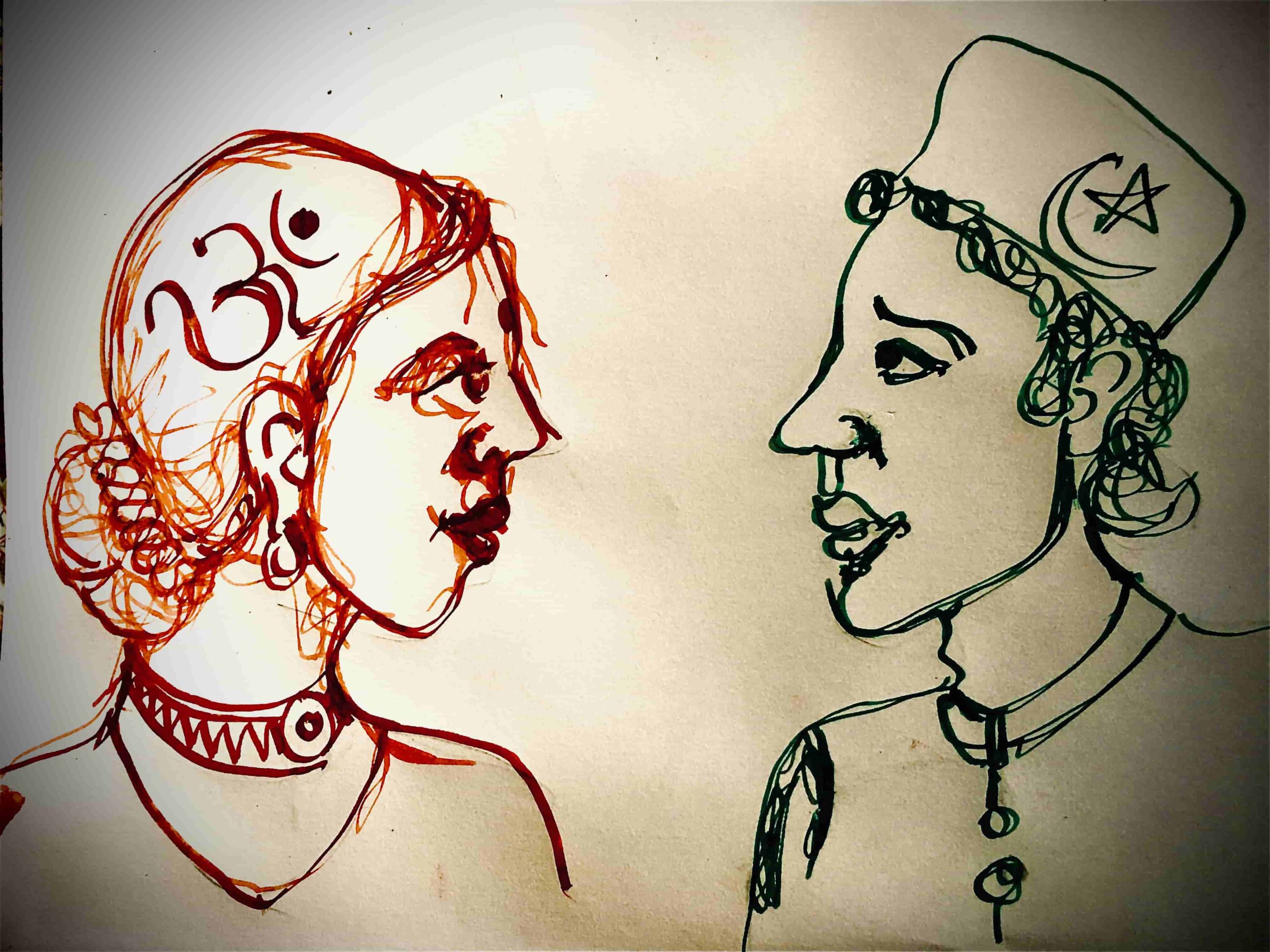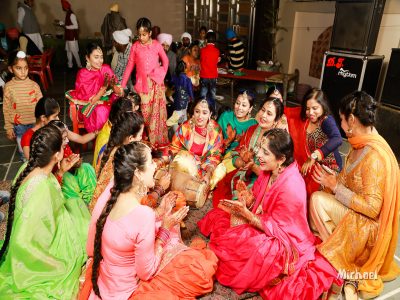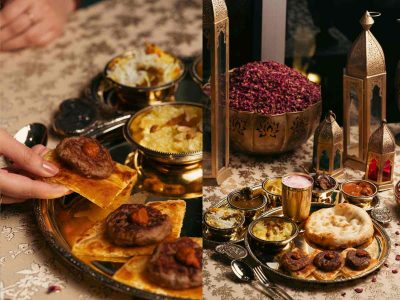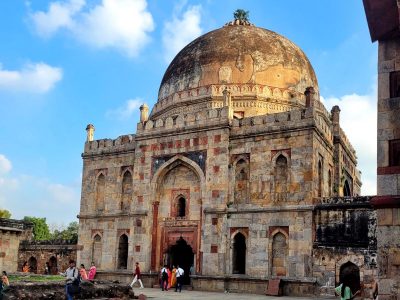Interfaith couples from UP are choosing to get married outside the state, especially Hindu girls and Muslim men, ever since Prohibition of Unlawful Conversion of Religion Ordinance came into force
In some state governments ruled by the BJP, including the most populous state of Uttar Pradesh–Prohibition of Unlawful Conversion of Religion Ordinance–has been passed. This legislation has been allegedly been brought in to stop the allegedly seductive Muslim men from conducting a “jihad” by manipulating Hindu women into falling in love with the intention of eventually converting them to Islam. Put simply to prevent “love jihad”.
The National Investigation Agency (NIA) with the mandate to investigate terror cases has been investigating the alleged cases of ‘Love Jihad’ for many years now. They have not been able to prove one such case in the entire country—and none of these investigations could stand judicial scrutiny in courts of law. Despite this, some of the BJP ruled states were obliged to legislate after receiving complaints from certain Hindu outfits.
It’s not even been a week since the ordinance came into force in UP. The police have reportedly intervened in many cases on the day of the wedding, despite they being two consenting adults—a Hindu girl and Muslim man—with the support and concurrence of their families. These weddings were prevented as they failed to inform the district magistrate a month prior to the wedding.
Many such couples are feeling the heat, their future uncertain. Some are, however, strong enough to withstand the pressure of the state on their personal choices, which is also a fundamental right, to marry a person of their choice. At least a dozen such couples have decided to change the venue of their wedding away from UP, preferably Delhi, where the cops will not come and hound them for marrying the love of their life. They are scared to talk about it and are apprehensive they will be prevented from leaving the state or even jailed for not complying with the directives of the new anti-conversion law.
One such couple is Razwan and Himadi (care is taken to hide their identity) who were to get married on the 15 December in Lucknow. Himadi is a Hindu girl from Lucknow, her parents are working, and has a younger brother who’s pursuing engineering in Bangalore. She has been dating Razwan for five years, they were in the same college in Delhi. Now, she is working in a multinational firm in Gurugram while Razwan has a paying job with a public sector company.
Razwan’s parents belong to Aligarh but have been staying in Lucknow for the past two decades. Razwan has two elder brothers who are employed and married. And the two families are of a similar social status. Interestingly, Himadi’s family are non-vegetarians while Razwan is a pure vegetarian.
There was resistance, initially when Himadi informed her parents. But they have since given in to the wishes of their daughter as they like sober, well-mannered Razwan, who’s a tall, slim man. Himadi is chubby, with a strong mind, and she wants to be the master of her destiny like her mother. Himadi’s mother had married her father against the wishes of her family, she being a Brahmin and her father a Yadav, a backward caste.
Razwan’s family were dead against the marriage. His parents were insistent that he marries the daughter of a family friend and colleague, as the two of them have grown up together and are very fond of each other. Razwan put his foot down though, he got unexpected support from one of his elder brothers.
“It was going to be a tense wedding,” says Razwan, “my parents had made it clear that they would not attend it.” Also, they plan to get married under the aegis of the Special Marriage Act of 1954, which facilitates marriage of two consenting adults irrespective of their religion or faith. “There’s no question of either of the two converting (to other’s) religion.
“We are proud people,” says Razwan via WhatsApp conversation, “And I love Himadi the way she is. A Muslim boy loves a Hindu girl. This is not very unusual. And they will remain a Muslim boy and a Hindu girl even after the marriage.”
Himadi has similar views. Not just their families, but also the state is creating hurdles, they are worried but determined at the same time. “I have decided to marry Razwan. But I also don’t want bloodshed. We want to live together, peacefully,” she says. And the two of them, also some of their friends feel that it would be better if they tie a nuptial knot outside of Uttar Pradesh, in Delhi.
Razwan’s maternal grandfather lives in old Delhi, and Himadi’s paternal aunt has a flat in Kalkaji. After their last-ditch effort to persuade them to reconsider marrying each other, and when the two remained unrelenting, it was decided to shift the venue to Delhi—the wedding will be a very small affair with just immediate family and few close friends in attendance.
Razwan is not sure if this story helps the larger cause, for “Your writing about it will instigate the establishment to come up with a nation-wide legislation.” Himadi argues that the provision of one month’s notice will give the state and some of the Hindu vigilante organisations time to pressurise, even intimidate couples like them from marrying. They hope that someone should take up the matter with the Supreme Court, and are confident that the apex court will strike down legislation that prevents consenting adults from marrying a partner of their choice.





